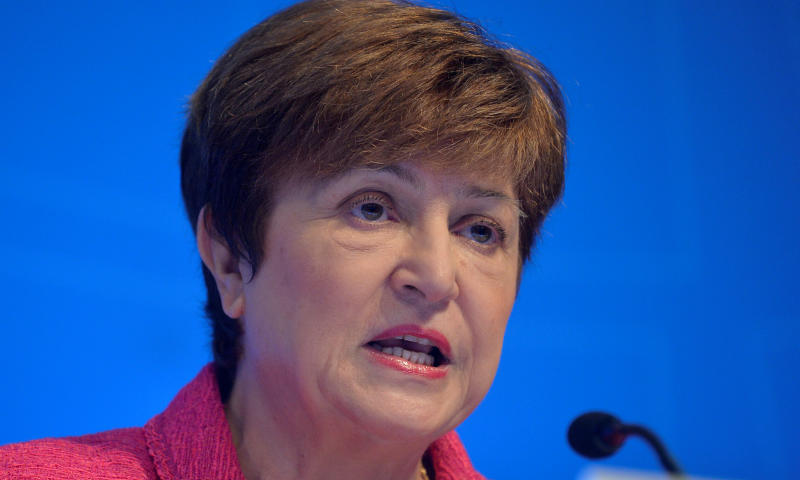×
The Standard e-Paper
Join Thousands Daily

The International Monetary Fund (IMF) has raised its outlook for global economic growth again, forecasting worldwide output would rise six per cent this year.
This is a rate unseen since the 1970s, thanks largely to the unprecedented policy responses to the Covid-19 pandemic.







